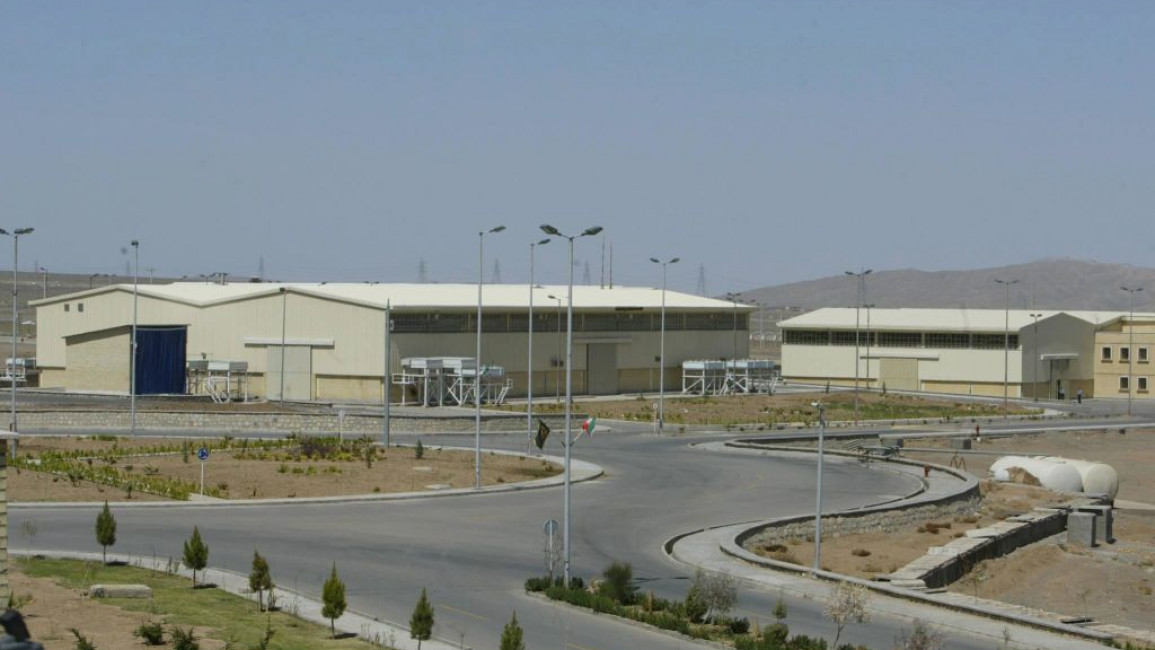Iran moves centrifuge-parts workshop underground at Natanz nuclear site: IAEA
Iran's new workshop at Natanz for making parts for centrifuges, machines that enrich uranium, has been set up underground, UN nuclear watchdog chief Rafael Grossi said on Thursday, a move apparently aimed at protecting it from possible attacks.
The workshop uses machines from a now-closed facility at Karaj that suffered what Tehran says was a sabotage attack by its arch-foe Israel.
The workshop can make parts essential to advanced centrifuges that are among the most efficient in Iran's enrichment programme.
The International Atomic Energy Agency (IAEA) informed its member states two weeks ago that Iran had moved the machines to Natanz without specifying where at the sprawling site, which includes the underground Fuel Enrichment Plant (FEP) where Iran has thousands of centrifuges operating.
Grossi told a news conference the workshop had been set up in "one of the halls" of the FEP. Diplomats say the plant is roughly three floors below ground, possibly to protect it from potential airstrikes.
Until now Iran has used the FEP only for enrichment.
It is the one facility where the 2015 nuclear deal with major powers allows Iran to produce enriched uranium, but only with its first-generation IR-1 centrifuges, which are far less efficient than Iran's more advanced models.
"They said that it is ready to operate," the IAEA's chief inspector, Massimo Aparo, said of the workshop.
The Iran nuclear deal, or Joint Comprehensive Plan of Action, has been eroding since then-President Donald Trump pulled the United States out of it in 2018.
A year later, Iran started breaching various restrictions the deal imposed on its nuclear activities, like caps on the purity to which it enriches uranium or its stockpile of enriched material.
It is now also enriching uranium at the FEP with advanced centrifuges and is enriching at other sites where the deal does not allow it. Talks to revive that deal have stalled.
(Reuters)



